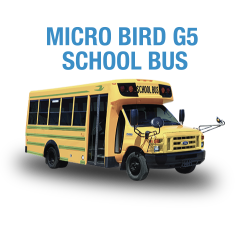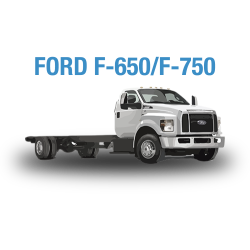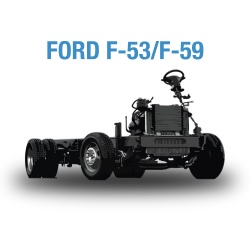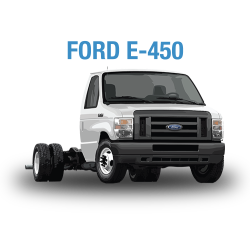Propane: Fuel for Today’s Fleets
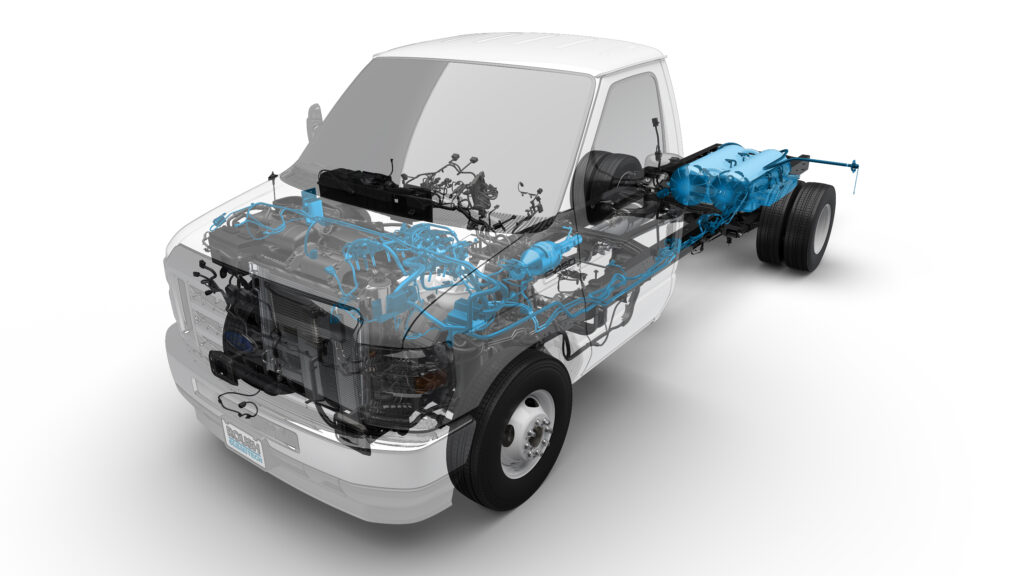
It’s true! The same fuel used to power backyard grills and residential water heaters is also used to transport 1.2 million students to school each day. In fact, there are more than 60,000 propane school buses, transit shuttles and commercial trucks on U.S. roads today and about 28 million autogas vehicles worldwide.
Propane autogas is a safe, domestically produced fuel with decades of reliable data and a stable infrastructure in place for fleets looking to reduce emissions and increase sustainability. Renewable propane can help fleets reduce emissions even further.
PROPANE VEHICLE QUICK FACTS
Learn more about propane vehicles here or see our vehicles in action. You can also read case studies that illustrate how school districts, transit agencies and commercial and mail delivery companies integrated propane into their fleets. Or, learn more about our products at the links below:
LOWEST TOTAL COST OF OWNERSHIP
Vehicles fueled by propane save up to 50% on fuel, fluids and filters. Components like diesel particulate filters, EGR coolers and the whole array of SCR parts are eliminated.
In 2024, a study from National Renewable Energy Laboratory (NREL) found that propane trucks achieved a savings of $20,000 per vehicle in the first 12 months. What could you save this year?

Click here to learn about funding opportunities.
NEAR-ZERO SOLUTION
Good news! All ROUSH CleanTech propane fuel systems are certified to the ultra-low nitrogen oxide levels of 0.02 g/bhp-hr, meeting 2027 emissions standards. Vehicles powered by ROUSH CleanTech propane engines are 90% cleaner in NOx than currently required by the EPA.
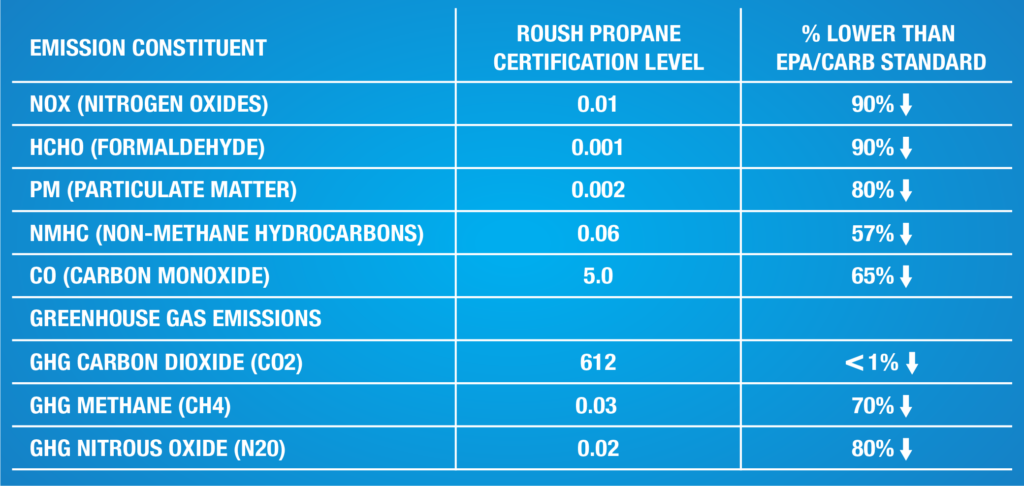
Propane vehicles do not release greenhouse gases into the air. In fact, a 2024 study found that propane vehicles achieved:
- 98% reduction in tailpipe nitrogen oxide emissions.
- 18.9% reduction in combined tailpipe and production carbon dioxide emissions.
- Virtual elimination of tailpipe sulfur oxide emissions.
Learn more about propane autogas emissions findings from a 2019 West Virginia University study.
ROUSH CleanTech was the first ever company to develop a propane engine that brings emission levels to near-zero as defined by California Air Resources Board.
SIMPLIFIED MAINTENANCE & OUTSTANDING SUPPORT
Did you know? The American Federation of State, County and Municipal Employees (AFSCME) recommends utilizing propane engines where possible to improve workplace safety.
Converting your maintenance shop is simple and cost-effective. Here’s why:
- Requirements for a repair facility are generally the same as those for conventionally fueled vehicles.
- Standard diagnostic equipment can be used to service propane autogas vehicles.
- ROUSH CleanTech systems are compatible with the same software that Ford dealerships use on commercial vehicles.
- Components like diesel particulate filters, EGR coolers and the whole array of SCR parts are eliminated. Fleets report saving 30-50% on filters and fluids.
ROUSH CleanTech has a dedicated customer success team and more than 750 service centers across the U.S. and Canada. Find a service center near you!
RELIABLE FUELING INFRASTRUCTURE
Propane is an abundant, domestically produced fuel with a robust, reliable and readily available infrastructure. Propane autogas fueling infrastructure costs less than any other transportation energy source — conventional or alternative.
Fleets can personalize their fueling infrastructure by 1) installing a low- or no-cost onsite propane station, 2) using mobile fueling delivered directly from a propane supplier or 3) accessing one of the 3,000 public stations. Your local supplier can help you determine the choice that’s right for you.
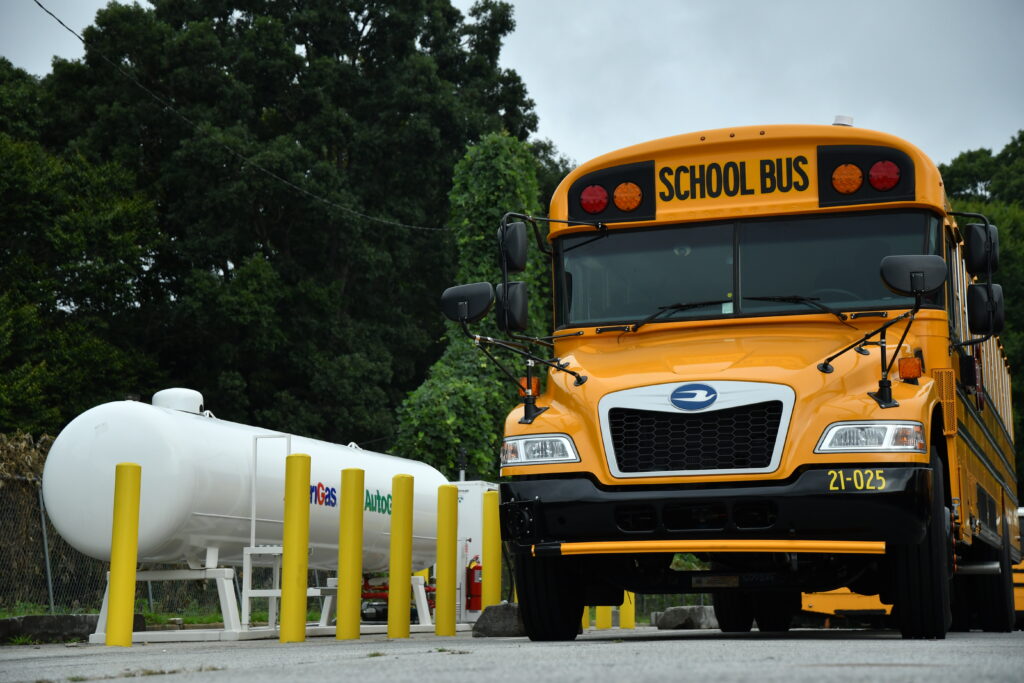
NEW TECHNOLOGY & SAFETY FEATURES FOR A TRUSTED FUEL
While propane has been fueling vehicles for a century, we’ve developed new technology to dramatically improve the user experience.
Today’s advanced technology allows propane to stay in its liquid state when delivered to the engine, resulting in no loss of horsepower, torque or engine performance. ROUSH CleanTech fuel tanks are 20 times more puncture-resistant than gasoline or diesel tanks: they’re constructed from carbon steel and in compliance with the American Society of Mechanical Engineers. Find more information about propane vehicle safety and training opportunities here.
(September 2024)


















